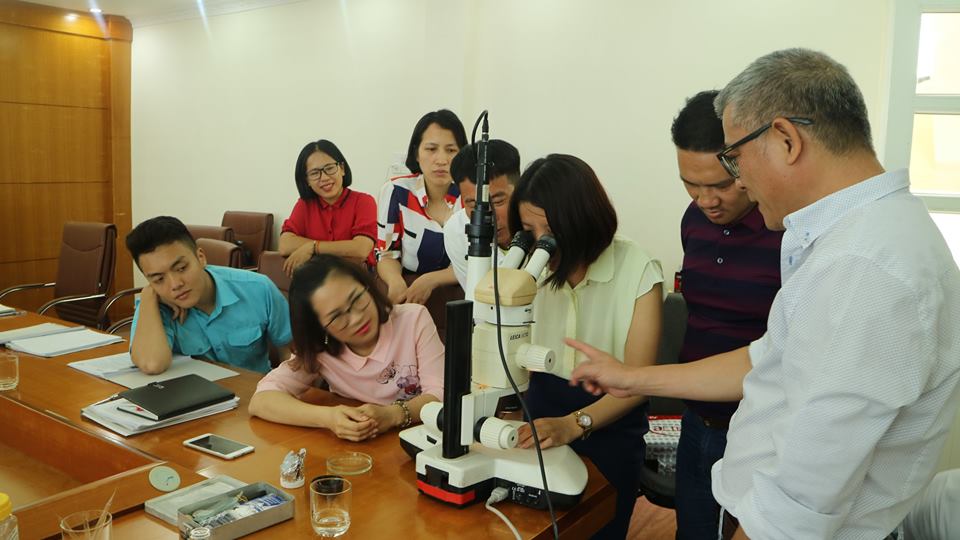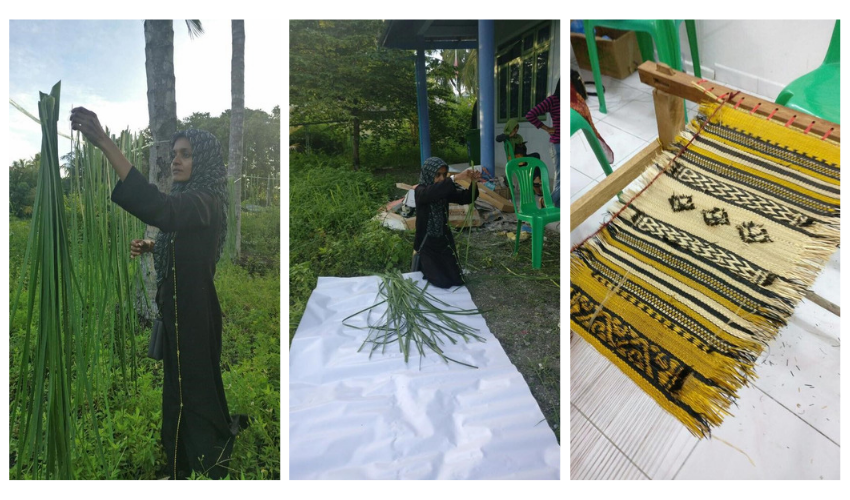Waste not, want not - Wastewater focus of World Water Week
Every year World Water Week draws the global spotlight onto the world’s water challenges and opportunities. This year, the focus is on wastewater. Over 80% of global wastewater is released untreated back into nature, causing detrimental impacts on water supplies, human health, the economy, and the environment.

Photo: siwi_world_water_week
 ‘Water and waste: reduce and reuse’, is the tagline of this year’s World Water Week (WWW) taking place in Stockholm from 27 August to 1 September. The IUCN Global Water Programme, along with over 3,000 water experts, practitioners, decision-makers, business innovators and young professionals, will work towards fostering new partnerships, policy-shifts, and technological solutions to address the often neglected topic of industrial, municipal, and agricultural wastewater.
‘Water and waste: reduce and reuse’, is the tagline of this year’s World Water Week (WWW) taking place in Stockholm from 27 August to 1 September. The IUCN Global Water Programme, along with over 3,000 water experts, practitioners, decision-makers, business innovators and young professionals, will work towards fostering new partnerships, policy-shifts, and technological solutions to address the often neglected topic of industrial, municipal, and agricultural wastewater.
“Considering by 2030 global water demand is expected to increase by 50%, the way wastewater is managed and recovered, particularly in growing urban areas, will be crucial for a more water-secure future”, said James Dalton, a.i. Director IUCN Global Water Programme. “Opportunities and technological innovation in wastewater management exist, what is needed is financial investment and political will to steer countries onto more sustainable paths – paths that start with good water management”.
Putting wastewater on centre stage, WWW addresses directly key challenges set by two Sustainable Development Goal (SDG) targets; SDG 6, target 3[1] and SDG 12, target 5: ‘by 2030, substantially reduce waste generation through prevention, reduction, recycling and reuse’. IUCN is committed to support the global community in achieving the SDGs by 2030 [Brochure: IUCN and the SDGs], and through the Global Water Programme aims to ensure wastewater is adequately treated in order to safeguard ecosystems and the services they provide.
UN Water estimates high-income countries treat 70% of the wastewater they generate, yet only 8% of low-income countries’ wastewater undergoes any treatment, putting further strain on economic development and human wellbeing. Yet, recycling nutrients or extracting energy from wastewater can bring significant benefits in income generation whilst reducing water supply dependency. In Jordan for example, 90% of treated wastewater is used for agricultural irrigation. The joint IUCN-WWF brief ‘Water Stewardship in Agriculture’ highlights the challenge of irrigation reforms, efficiency constraints, and proposes key considerations for business to specifically consider in achieving the SDGs.
This year SIWI -who organises World Water Week- also led an advocacy campaign to raise the profile of women working in water. Under the heading of #WaterWomen, WWW will profile women who play a key role in water management. “IUCN is pleased to share the news that one of our BRIDGE project beneficiaries, Yudi Espinal from Honduras was selected amongst the winners of the campaign. Women play a key role in generating change in the water sector, often at multiple levels of governance and across country boundaries. Women not only act as major users of water, but also as key knowledge holders, champions for the resource and the ecosystem services it provides, and as decision-makers in local to national and regional roles. We are excited to be sharing new work on this in Stockholm,” said Isabelle Fauconnier, IUCN Water Policy and Sustainability Advisor (see event 'Understanding the gender dimension of water').
For an overview of all IUCN events at World Water Week, please see here.



